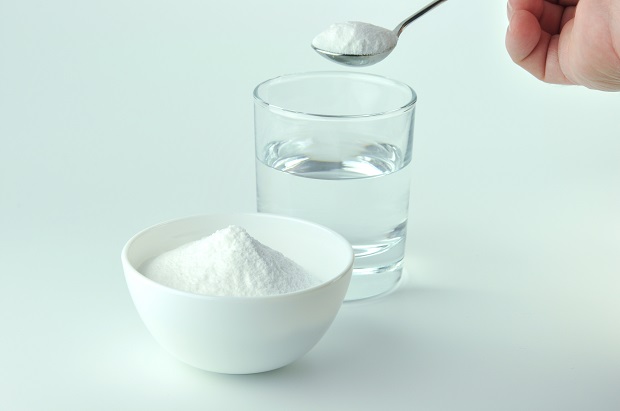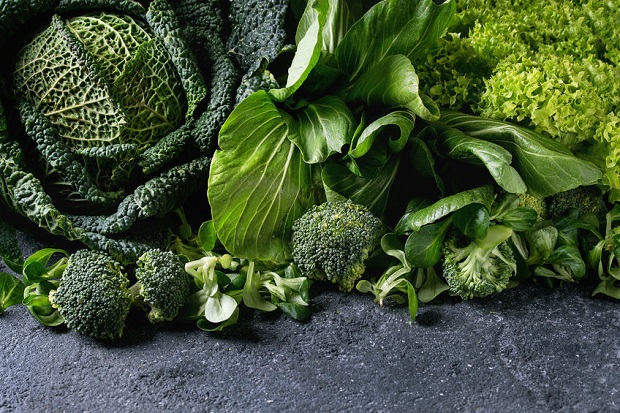
Can You Get Food Poisoning from Eggs?
- You can get food poisoning from eggs.
- The most common type of food poisoning from eggs is Salmonella.
- Eggs are the most common food source linked to Salmonella infections.
You can get food poisoning from eggs. The most common type of food poisoning from eggs is Salmonella. In fact, eggs are the most common food source linked to Salmonella infections. [1] According to the Centers for Disease Control (CDC), symptoms that can include diarrhea, fever, and stomach cramps begin 6 hours to 6 days after infection and can last 4 to 7 days. [2] The Food and Drug Administration reports symptoms occurring 12 to 72 hours after infection. [3]
Jump Ahead
- How Do Eggs Become Infected with Salmonella?
- Prevalence of Salmonella Bacterium In Eggs
- Ingesting Eggs with Salmonella
- How to Safeguard from Getting Food Poisoning from Eggs
- Safety Timeline
- Resources
How Do Eggs Become Infected with Salmonella?

Salmonella bacteria can enter an egg in a variety of ways. The Salmonella bacteria can easily be introduced at poultry farms through rodents, insects, and birds, contaminating food and water sources. Chickens carrying the Salmonella bacteria can pass it on through their eggs. Even trace amounts of Salmonella can quickly multiply at an alarming rate if the tainted eggs aren’t refrigerated quickly enough, which according to the FDA, is within 36 hours after laying. [4]
Non-infected eggs can also become infected by Salmonella directly through their shells. Eggshells have thousands of tiny pores that can facilitate the introduction of Salmonella if the eggs are exposed to the bacteria during processing. For example, Salmonella can enter eggs that are subjected to an infected conveyor belt or in an infected egg-wash bath. [5]
Prevalence of Salmonella Bacterium in Eggs

The CDC estimates that one in twenty-thousand eggs is internally infected by the Salmonella bacterium. In the US, that equates to 2.2 million contaminated eggs. The odds increase in settings where eggs are pooled together, such as restaurants. [6]
This is especially problematic in settings that affect high-risk populations, such as children and the elderly, where a pooled infected egg is not cooked properly in a school cafeteria or nursing home kitchen.
Ingesting Eggs with Salmonella

By fully cooking your eggs, you can reduce your risk of contracting the Salmonella bacterium. Runny whites and yolks increase your risk of illness. Recipes containing eggs should be cooked to an internal temperature of at least 160°F. Ingesting raw or undercooked eggs will increase your chances of contracting the bacterium. [7]
How to Safeguard from Getting Food Poisoning From Eggs
The US Food and Drug Administration shares these tips:
- Always refrigerate eggs at a temperature of 40 degrees or below. This will keep any Salmonella present in the egg from multiplying.
- Eat cooked eggs right away. Discard any cooked eggs that have been exposed to temperatures above 40 degrees for more than two hours. (Such as hard-boiled Easter eggs)
- Throw away any stored cracked eggs.
- Don’t consume raw or undercooked eggs.
Safety Timeline
The US Food and Drug Administration shares these tips:
Here is a quick safety checklist for how long eggs are good in storage.
- Refrigerated, raw eggs – 3 weeks
- Refrigerated, hard-cooked eggs – 1 week
- Refrigerated, left-over egg dishes – 3-4 days
Resources
- [1] Howard Z.R., O’Bryan C.A., Crandall P.G., Ricke S.C. Salmonella Enteritidis in shell eggs: Current issues and prospects for control. Food Res. Int. 2012;45:755–764
- [2] Centers for Disease Control – “Salmonella and Eggs.”
- [3] Food and Drug Administration – “What You Need to Know About Egg Safety“
- [4] [5] NBC News – “How Does Salmonella Get Into Eggs?“
- [6] Centers for Disease Control – “Salmonella and Eggs.”
- [7] Centers for Disease Control – “Salmonella Outbreaks Linked to Outdoor Poultry“
DISCLAIMER: THIS WEBSITE DOES NOT PROVIDE MEDICAL ADVICE
The information, including but not limited to text, graphics, images, and other material on this website, is for informational purposes only. No material on this site is intended to be a substitute for professional medical advice, diagnosis, or treatment. Always seek the advice of your physician or other qualified healthcare providers with any questions you may have regarding a medical condition or treatment before undertaking a new healthcare regimen, and never disregard professional medical advice or delay in seeking it because of something you have read on this or any other website.





